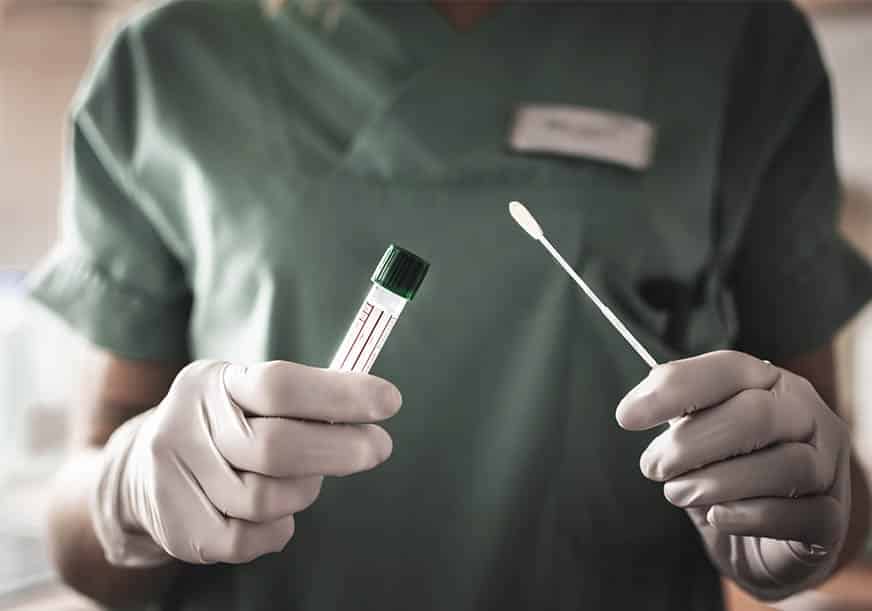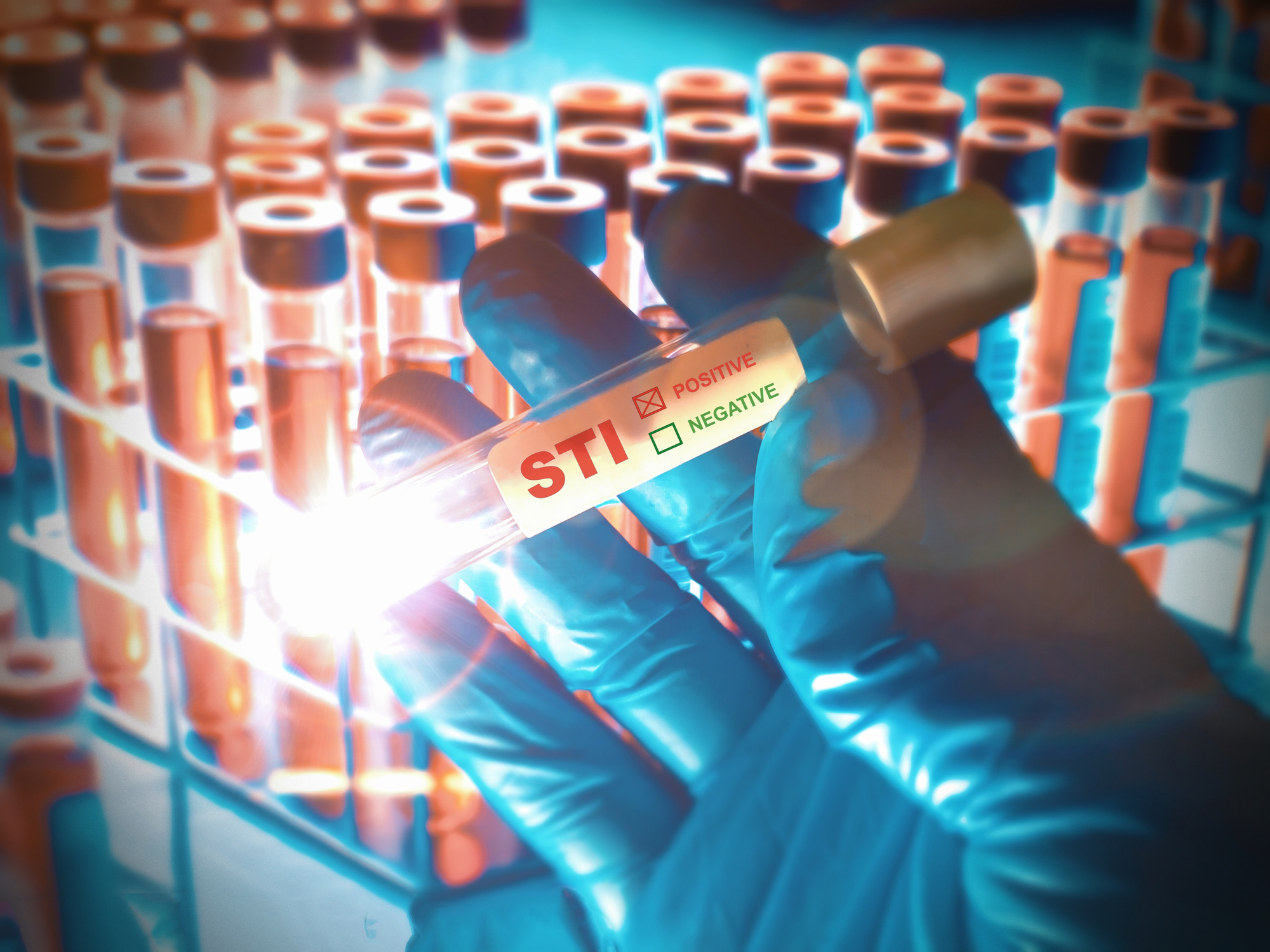SARS-CoV-2 also known as COVID-19 may be one of the most common conversation points in recent memory. The information has been evolving and changing so rapidly, it is difficult to keep well informed on the topic. This has been challenging to the general public as well as to the healthcare community. The spread of this novel virus has been rapid, particularly in the heavily populated urban centers. However, at present there are few communities that have not had at least a few cases of COVID-19 identified. As a provider at Integrity Urgent Care, I want to address the question of why to be tested and its importance to not only each individual, but also your community.
As an individual living within the community, it can be very important to be tested for COVID-19 if you have any of the symptoms associated with the illness or if you have a known contact with someone who has tested positive for COVID-19. Under those circumstances, ruling out present acute infection as well as isolating yourself to protect others has been shown to limit the spread of the disease. As more information has come to light regarding persons who have tested positive for the COVID-19 virus without any symptoms of illness, the issue becomes more complex. It is not clear whether these persons are indeed asymptomatic and won’t develop symptoms or if they are early in the illness and not yet showing any symptoms, but will be symptomatic in the near future. This asymptomatic infection will lead to viral shedding and the potential infection of others with the virus. The concern is that this may increase the spread of COVID-19 among the general population.
The Centers for Disease Control and Prevention (CDC) as well as each state’s Department of Health and many independent institutions and labs have worked tirelessly to track and identify aspects of COVID-19. The information gathered by testing of individuals will assist with the continuation of this effort. The available tests fall into 2 broad categories. Acute testing (usually a nasal swab) to rule out a present infection. This would be useful for a symptomatic person. The other type of test is antibody testing that is useful to determine if you have been exposed to COVID-19 and developed antibodies. Those antibodies will help your body to identify and hopefully defend against COVID-19 exposure in the future. This test would be most useful for a person who has had no symptoms of illness in the last 10 to 14 days. This type of testing is beginning to be more easily accessed at a community level.
The importance of testing on a more global or community wide scale is in determining actual local and national infection rates. It is thought that widespread testing would enhance the accurate calculation of severity of illness and infectiousness associated with the virus. An increase of antibody testing in the general population may allow us to more readily identify the percentage of population that could have a resistance to or protection from the virus. This information is important overall to identify when we have reached a significant number of the populace with at least some protection to this illness. This is often called “herd” immunity.
On May 18, 2020 Governor Greg Abbott issued an Executive Order that announced the second phase of his plan to open Texas. Included in this plan was statewide testing for COVID-19 and contact tracing. His goal is to identify and test Texans who contract the virus and to limit spread of the virus. The recommended priority for testing is addressed by the CDC guidelines below; however, the final determination of who should be tested will be determined by the caregiver. The highest priority is to be given to persons who have symptoms and are either a patient in the hospital, work in a healthcare setting, work or live in a group home setting, or work as a first responder. The second level of priority is to be given to those with symptoms of potential COVID-19 infection: fever, cough, shortness of breath, chills, body aches/muscle pains, a new loss of taste or smell, vomiting or diarrhea, and/or sore throat, that live or work in any setting. This same level of priority is to be given to those persons who have no symptoms, but who are prioritized for testing by health departments or clinicians. This may be for general public health monitoring, for sentinel surveillance, or screening asymptomatic persons according to state and local plans.
The decision of when to come in to be tested may be individual to each person. If you are having symptoms that are associated with COVID-19, or if you have been exposed to a person who has tested positive for COVID-19, you should consider testing. Your provider will discuss with you the options for tests. If you do not have symptoms but feel a concern about possible exposure, you should call or consult with your provider about whether testing is appropriate for you, and if so, which test you would need. The Texas Department of State Health Services has a listing of testing centers in our state. Integrity Urgent Care is proud to be included in this endeavor and is ready at all of our locations to address your concerns and participate in the care of our communities.



